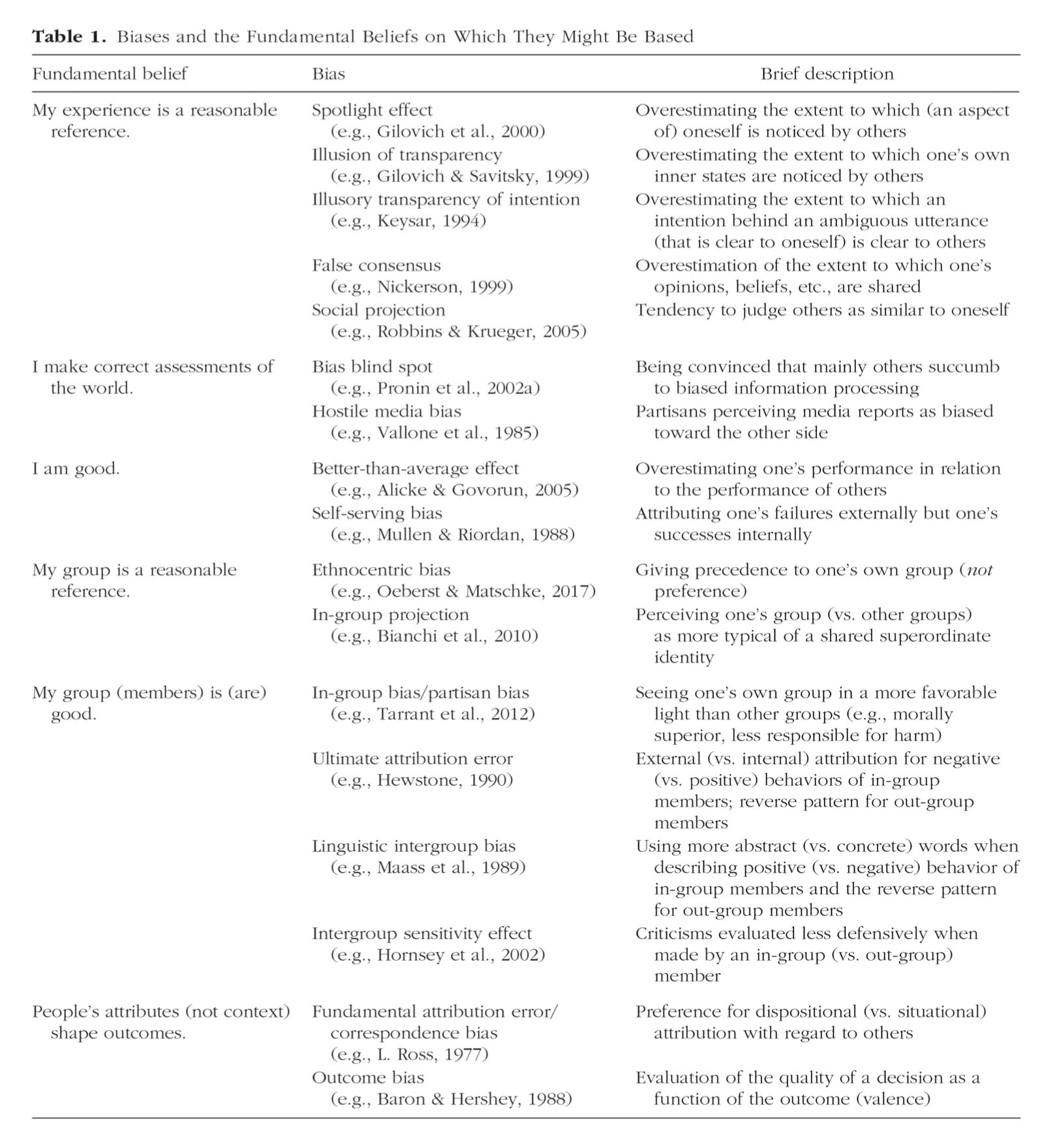
Started in 2018 as Vanguard’s foray into the Canadian allocation space, the suite of ETF's five risk options has excellent structures which look to outperform peers almost entirely with a cost advantage over peers. The expense ratios on all five come in at 24 basis points (0.24%) - Far less than the average fee-based mutual fund of roughly 100 basis points (1.00%) and multi-asset ETFs at 55 basis points (0.55%).
Fantastic underlying ETFs serve as the foundation and provide global coverage in both equity and fixed income. Vanguard US Total Market ETF (VUN), Vanguard FTSE Canada All Cap ETF (VCN), and Vanguard FTSE Developed All Cap ex North America ETF (VIU) all possess strong analyst-covered Medalist ratings and are key to maintaining the low-cost advantage that allocation ETFs have.
Cost-Efficient Investments Meet Global Research
A slight tilt towards Canada in the equity sleeve – 30% vs. 25% for the average balanced strategy – represents the impact of Vanguard’s Investment Strategy Group, a global team dedicated to investment research. This will give the Vanguard Allocation ETFs a minute performance pattern which manifests more in the All-Equity ETF, but over time, the cost advantage should win out.
The Vanguard Allocation ETFs remain an excellent starting point for investors looking for global balanced strategies.






















